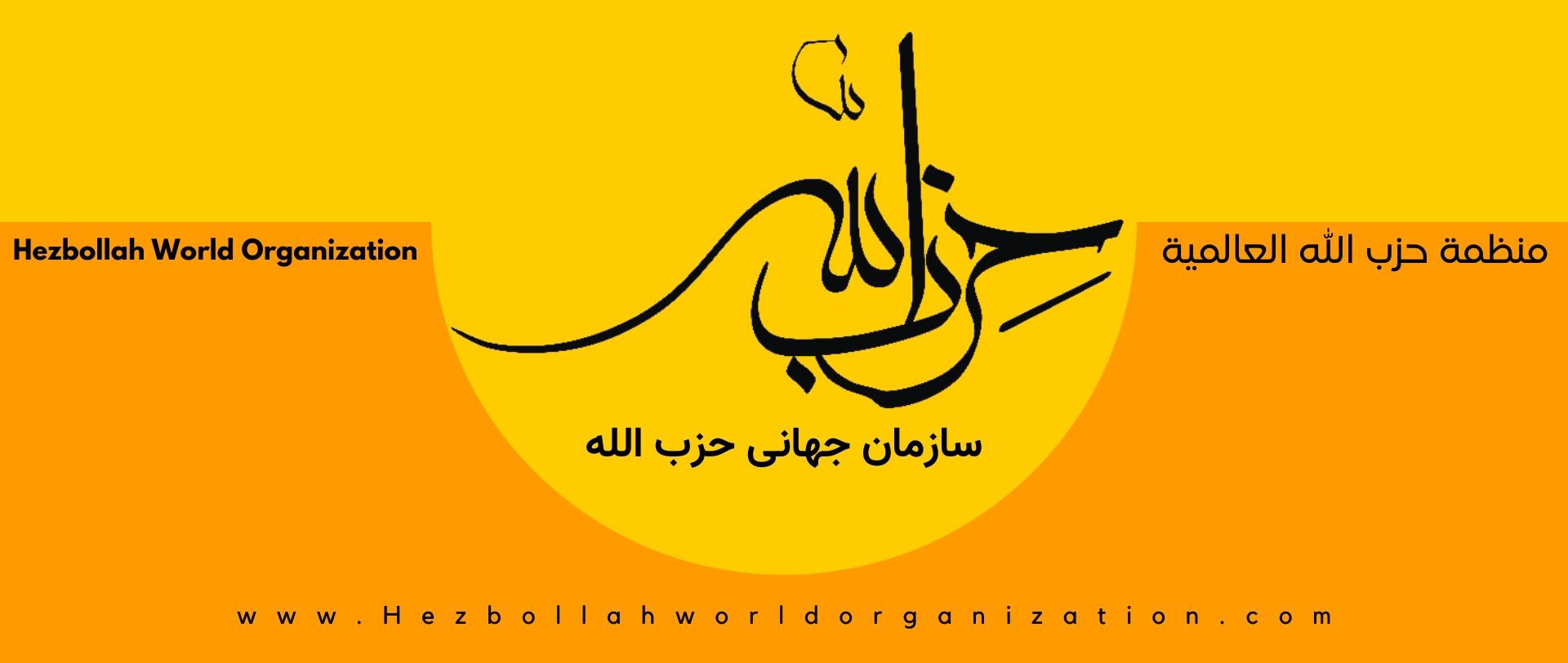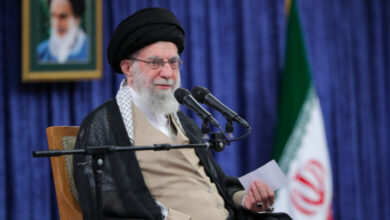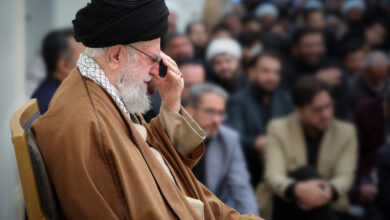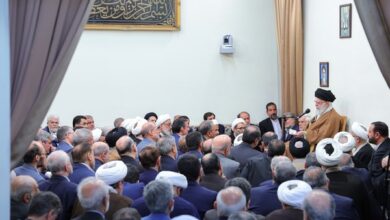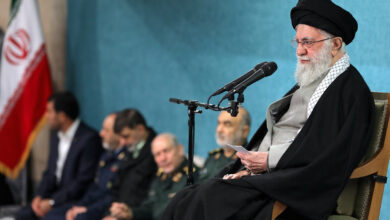news
Message of Unity on Eid al-Fitr | A Call for the Unity of the Islamic Ummah “Statements of the Supreme Leader during the meeting with the ambassadors of Islamic countries (April 1, 2025)”
In a message on the occasion of Eid al-Fitr, the importance of the unity of the Islamic world, defending the oppressed people of Palestine, and confronting global bullies was emphasized. Read on to see how Eid al-Fitr can be a turning point for the dignity of the Islamic Ummah.
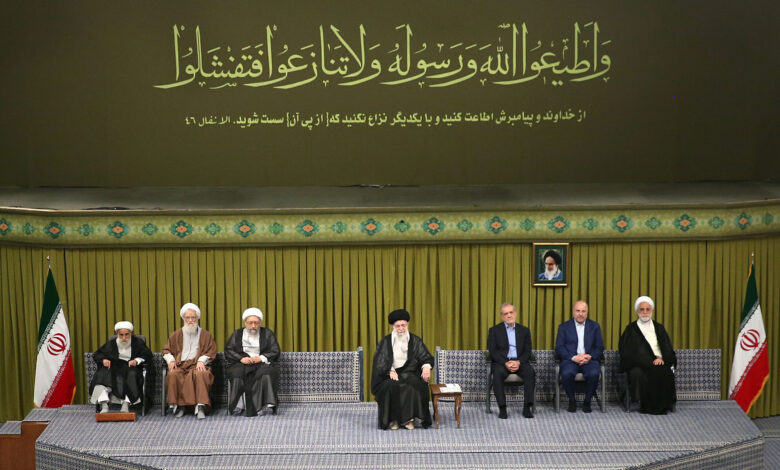
First: The Principle[1] of Utilizing the Capacity of the Islamic World towards Unity and Honor of the Islamic World
- The Unifying Principle of Eid al-Fitr[2]
- The Principle of Increasing the Honor of Islam through Eid al-Fitr[3]
- The Principle of Recognizing the Common Interests of the Islamic World[4]
- The Principle of Confronting Division[5]
- The Principle of Strengthening Empathy and Common Voice[6]
- The Principle of Respecting Differences[7]
- The Principle of Helping the Oppressed[8]
Challenges:
- Existence of Efforts to Sow Discord[9]
- Lack of Recognition of Common Interests[10]
- Foreign Interference[11]
- Religious and Ethnic Prejudices[12]
- Fear of Losing Interests[13]
Footnotes:
- Remarks by the Supreme Leader in a meeting with Ambassadors of Islamic Countries, dated Farvardin 11, 1404 (April 1, 2025).
- Eid al-Fitr should act as a factor for unity and connection in the Islamic world.
- Eid al-Fitr should lead to increasing the honor of Islam and spreading the path and method of the Prophet (peace and blessings be upon him and his progeny).
- Islamic governments must recognize their common interests and take steps towards them.
- Striving to avoid factors that cause conflict and division in the Islamic world.
- Creating empathy and a common voice between Islamic governments and nations.
- Unity does not mean becoming one or thinking alike on all issues, but rather accepting differences and focusing on common interests.
- Supporting oppressed and afflicted Muslims.
- Existence of factors that hinder unity and connection in the Islamic world.
- Inability to diagnose and determine common interests among Islamic governments.
- Interference by foreign powers and their efforts to divide Muslims.
- Existence of religious and ethnic prejudices and differences that hinder unity.
- Fear of some governments losing their interests if unity is established.
For complete reading, please refer to the products section.
